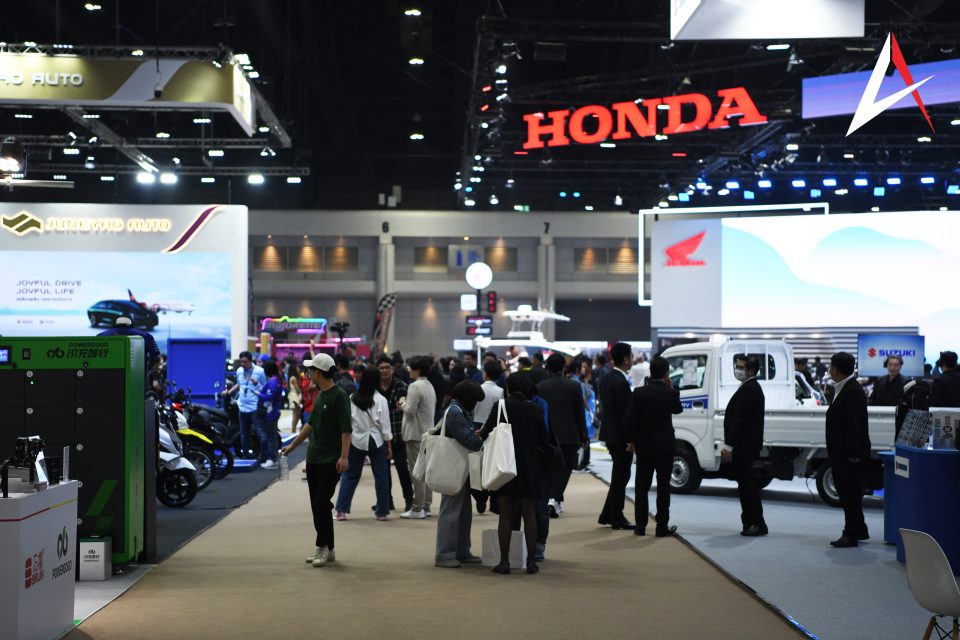The U.S. announcement of a 25% tariff on automobiles has sparked new worries within the sluggish Thai automotive industry, as analysts express concerns over both short-term impacts and long-term export uncertainties.
This new tariff, revealed on Thursday by President Donald Trump, is set to take effect on April 2, with auto parts shippers facing additional duties by May 3, according to media reports.
“We are seriously concerned about Trump’s policy and will closely monitor the impact,” stated Surapong Paisitpatanapong, vice-chairman of the Federation of Thai Industries and spokesperson for the federation’s Automotive Industry Club.
The announcement coincides with a slowdown in car exports during the first two months of the year, with volumes dropping 18.1% year-on-year to 143,644 units, as reported by the club. In February alone, car exports decreased by 8.34%, totaling 81,323 units.
Mr. Surapong attributed this decline to several factors, including Washington’s trade policy, which has led Thailand’s trading partners to hold off on purchasing predominantly internal combustion engine vehicles while awaiting clearer tariff guidelines from Trump.
The upcoming tariffs will also negatively impact Thai auto parts manufacturers, said Mr. Surapong. Local component makers are already grappling with technological disruptions as electric mobility technology gains traction. Additionally, challenges in accessing auto loans amid high household debt have contributed to a notable drop in domestic car sales, further impacting both parts and car manufacturers.
Psychological Effects
Suwat Wattanapornprom, head of research at Krungsri Securities (KSS), noted that Trump’s tariff increase on imported cars from 2.5% to 25% is likely to have a negative psychological effect on Thai automotive companies in the short term.
Approximately 4-5% of Thailand’s auto exports and 10% of automotive parts are shipped to the U.S. The value of automotive exports to the U.S. is around $1 billion, making Thailand the 9th largest exporter to the U.S., which accounts for about 5% of total U.S. imports. Half of U.S. auto demand is satisfied through imports, with the remainder met by domestic production.
“Electronic parts supporting the automotive sector could also be impacted. For instance, KCE Electronics primarily exports to Europe but ships roughly 20% of its printed circuit boards to the U.S.,” Mr. Suwat added.
KSS suggests adopting a cautious stance on the sector. However, Trump mentioned the possibility of negotiations regarding reciprocal taxes.
Amonthep Chawla, chief economist at CIMB Thai Bank, observed that the U.S. still relies on imports for about 50% of its auto demand.
“If the same tariff is imposed on all automobile imports, Thailand’s exports to the U.S. will remain competitive. However, if different rates are applied to various countries or if Thailand faces tariffs that exempt manufacturers from other countries, it would pose a significant concern,” Mr. Amonthep explained.
Other sectors potentially exposed to risks from U.S. tariffs include electronic components, processed foods, chemicals, and agricultural products, he added.
According to Maybank Securities, Thailand exports the highest number of automobiles to the U.S. in absolute terms among regional economies. Although the U.S. market constitutes only 7% of its auto exports, an influx of excess supply from other affected exporters due to the blanket U.S. duties will likely create a substantial supply shock, as noted in a research report by Maybank.





